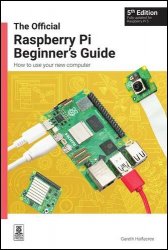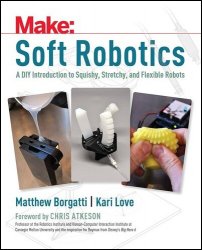- Добавил: literator
- Дата: 11-02-2024, 06:39
- Комментариев: 0
 Название: The Complete Guide To ESP32 And Arduino For IoT: Unleash the Power of the Internet of Things Build Connected Devices and Automate Your World
Название: The Complete Guide To ESP32 And Arduino For IoT: Unleash the Power of the Internet of Things Build Connected Devices and Automate Your WorldАвтор: Roronoa Hatake
Издательство: Independently published
Год: October 20, 2023
Страниц: 286
Язык: английский
Формат: epub
Размер: 12.3 MB
By the end of the book, you will have the skills and knowledge you need to build your own connected devices and automate your world. The ESP32 and Arduino are powerful tools for building IoT devices. With this book, you will learn how to use them to build your own connected devices and automate your world. And in today's project, we'll learn about fingerprint sensors and biometric extension systems using node mcu, OLED display and R 305 fingerprint sensor, and you will send this data to the IOT website. That is the data from the node MC will be directly uploaded to the Internet from where you can assess the data and see the fingerprint attendants of record service today. So let's get started. So first, you have to create a website. So if you don't have a website, you can do this by an app called jam. So simply search it on Google, and, you can download this from the link, select your operating system.









